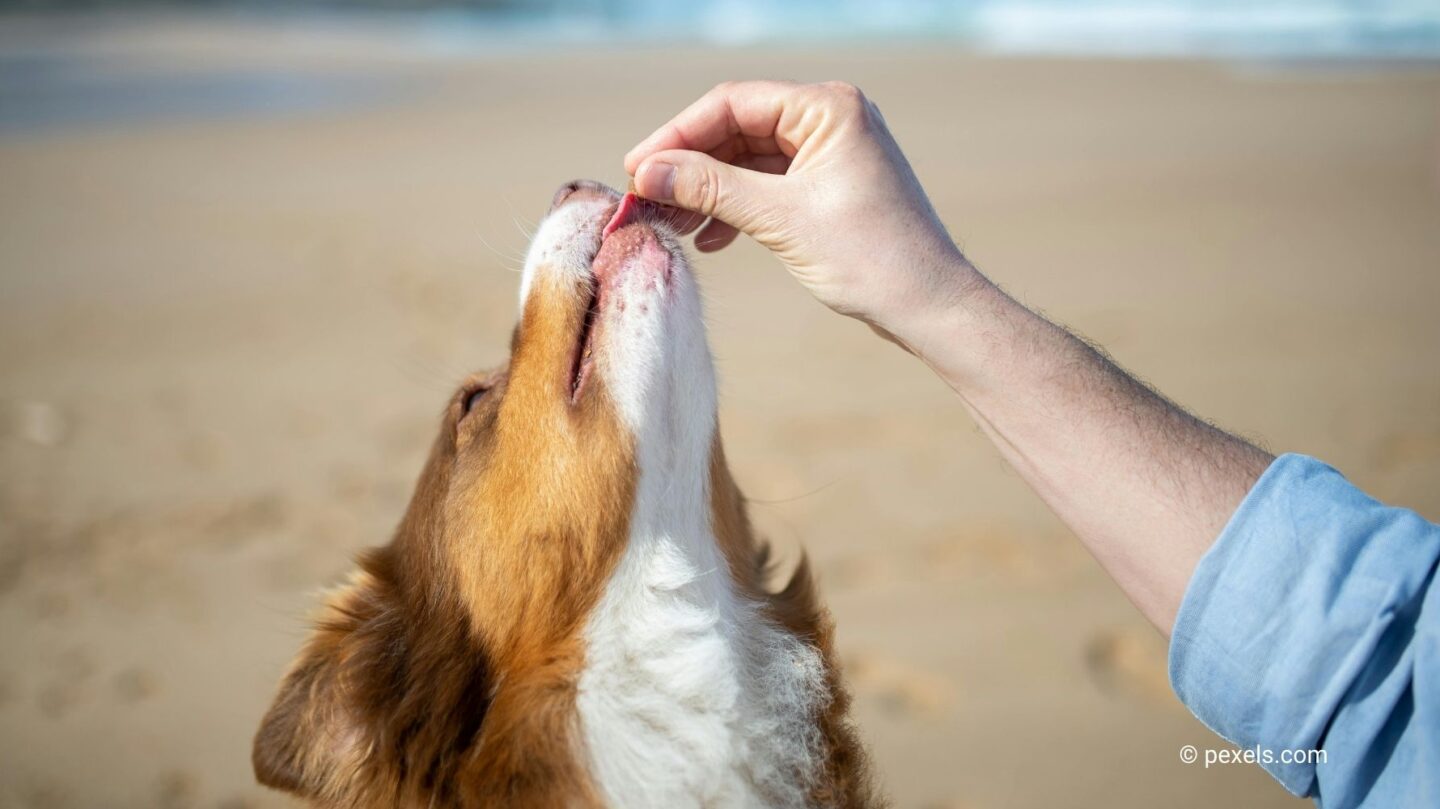Why Your Dog’s Diet Matters
A healthy diet is essential to your dog’s overall well-being, just as it is for humans. The right nutrition supports their energy levels, maintains a shiny coat, strengthens their immune system, and ensures long-term health. However, with countless options available, from kibble to raw diets, it can be challenging to determine what’s best for your furry friend.
This guide will help you understand the key elements of a balanced diet and how to choose the best food for your dog’s specific needs.
1. Understand Your Dog’s Nutritional Needs
Dogs require a mix of essential nutrients to thrive, including:
- Protein: The building block of muscles and tissues, found in meat, poultry, and fish.
- Fats: A source of energy and essential for a healthy coat, often derived from animal fat or oils like fish oil.
- Carbohydrates: Provide energy, usually sourced from grains, vegetables, or legumes.
- Vitamins and Minerals: Support various bodily functions, including bone health and immunity.
- Water: Critical for hydration and overall bodily functions.
A balanced diet will include all these components in appropriate proportions, tailored to your dog’s size, age, breed, and activity level.
2. Choose Between Commercial and Homemade Diets
There are two primary options for feeding your dog: commercial pet food or homemade meals.
- Commercial Dog Food: High-quality commercial dog food, whether dry kibble or wet food, is formulated to meet your dog’s nutritional needs. Look for products labeled “complete and balanced” and approved by organizations like AAFCO (Association of American Feed Control Officials). Avoid foods with excessive fillers, artificial additives, or low-quality ingredients.
- Homemade Diets: Preparing your dog’s meals at home allows for complete control over the ingredients, but it requires careful planning. Consult with a veterinarian or a canine nutritionist to ensure the meals provide the necessary nutrients. Improperly balanced homemade diets can lead to deficiencies or health issues.
3. Consider Specialized Diets for Specific Needs
Dogs with certain health conditions or life stages may require specialized diets:
- Puppies: Need higher protein and fat levels to support growth and development.
- Senior Dogs: Require diets with fewer calories but enriched with joint-supporting ingredients like glucosamine.
- Active Dogs: High-energy breeds may need more calories and protein to fuel their activity levels.
- Dogs with Allergies or Sensitivities: Opt for limited-ingredient or hypoallergenic diets to avoid triggering reactions.
Always consult your veterinarian before switching to a specialized diet.
4. The Role of Treats and Snacks
Treats are a great way to reward your dog, but they should only make up about 10% of their daily caloric intake. Choose healthy options like carrots, apples (without seeds), or specially formulated dog treats. Avoid giving dogs human snacks like chocolate, grapes, or anything with xylitol, as these are toxic to dogs.
5. Monitor Portion Sizes
Overfeeding is a common issue that can lead to obesity and related health problems. Follow feeding guidelines provided on commercial food packaging or your vet’s recommendations. Adjust portion sizes based on your dog’s activity level and weight management needs.
Divide meals into two or more servings a day to avoid overeating and help maintain stable energy levels.
6. Ensure Fresh Water Access
Always provide fresh, clean water for your dog. Hydration is crucial for digestion, temperature regulation, and overall health. Make sure water bowls are cleaned regularly to prevent bacteria buildup.
A Happy, Healthy Dog Starts with Proper Nutrition
Feeding your dog a healthy diet is one of the most important things you can do as a pet owner. By understanding their nutritional needs, choosing the right food, and maintaining a balanced diet, you’ll help your furry friend lead a long, vibrant life.
With the right care and attention to their dietary needs, your dog will reward you with endless love, energy, and wagging tails.
